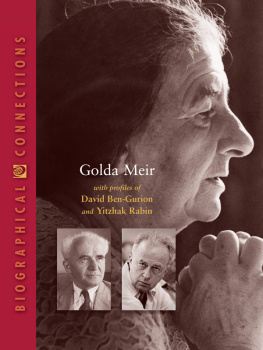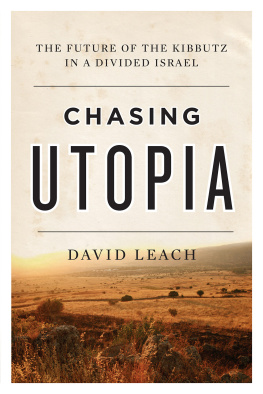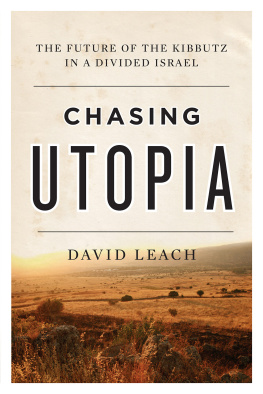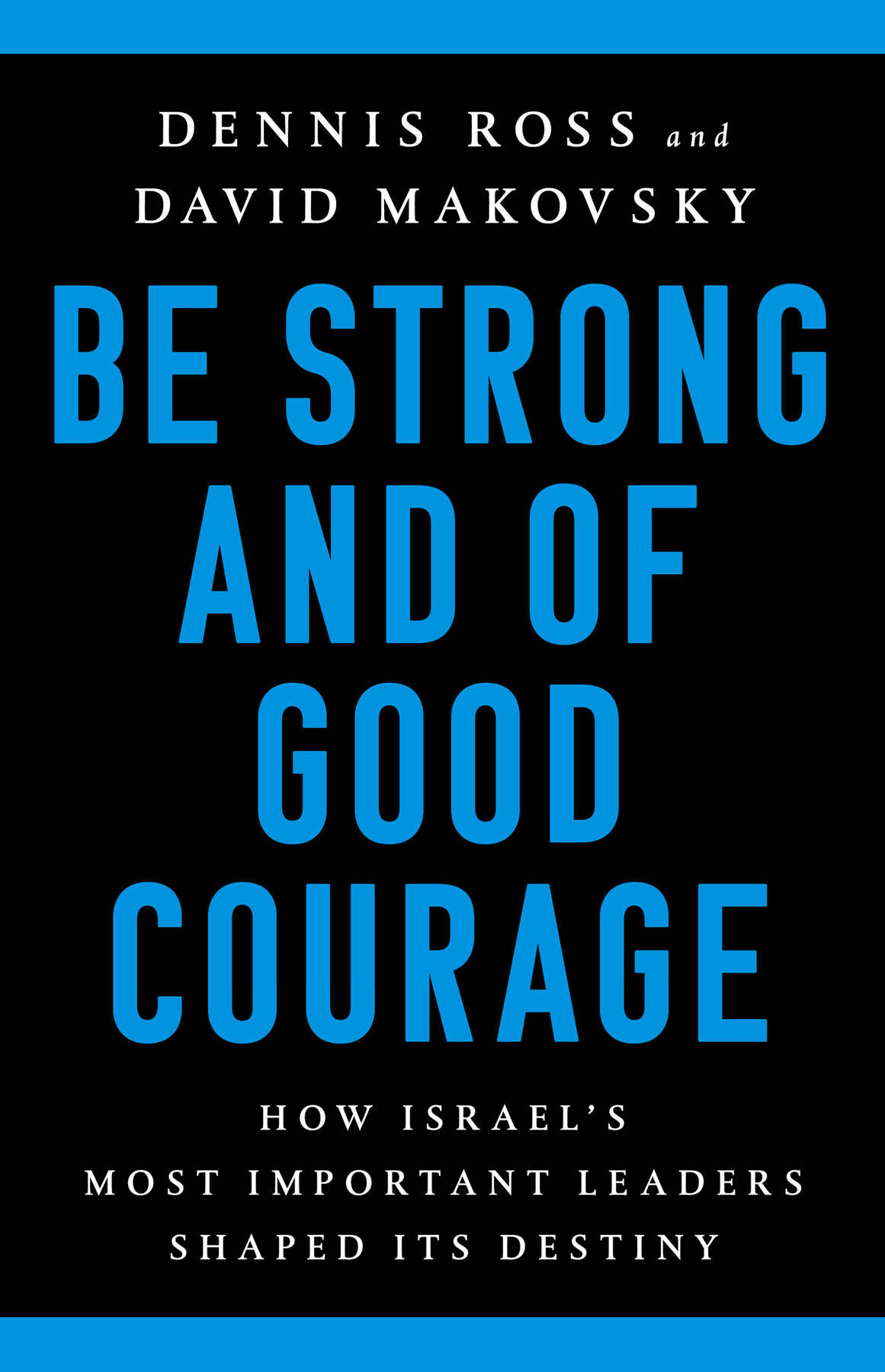Copyright 2019 by Dennis Ross and David Makovsky
Cover design by Pete Garceau
Cover copyright 2019 Hachette Book Group, Inc.
Hachette Book Group supports the right to free expression and the value of copyright. The purpose of copyright is to encourage writers and artists to produce the creative works that enrich our culture.
The scanning, uploading, and distribution of this book without permission is a theft of the authors intellectual property. If you would like permission to use material from the book (other than for review purposes), please contact permissions@hbgusa.com. Thank you for your support of the authors rights.
PublicAffairs
Hachette Book Group
1290 Avenue of the Americas, New York, NY 10104
www.publicaffairsbooks.com
@Public_Affairs
First Edition: September 2019
Published by PublicAffairs, an imprint of Perseus Books, LLC, a subsidiary of Hachette Book Group, Inc. The PublicAffairs name and logo is a trademark of the Hachette Book Group.
The Hachette Speakers Bureau provides a wide range of authors for speaking events. To find out more, go to www.hachettespeakersbureau.com or call (866) 376-6591.
The publisher is not responsible for websites (or their content) that are not owned by the publisher.
Library of Congress Cataloging-in-Publication Data
Names: Ross, Dennis, author. | Makovsky, David, author.
Title: Be strong and of good courage : how Israels most important leaders shaped its destiny / Dennis Ross and David Makovsky.
Description: First edition. | New York : PublicAffairs, 2019. | Includes bibliographical references and index.
Identifiers: LCCN 2018058189 | ISBN 9781541767652 (hardcover : alk. paper) | ISBN 9781541767645 (e-book)
Subjects: LCSH: Prime ministersIsraelBiography. | Political leadershipIsraelHistory. | CharacterPolitical aspectsIsraelHistory. | IsraelPolitics and government. | IsraelPolitics and governmentPhilosophy.
Classification: LCC DS126.6.A2 R68 2019 | DDC 956.9405092/2dc23
LC record available at https://lccn.loc.gov/2018058189
ISBNs: 978-1-5417-6765-2 (hardcover), 978-1-5417-6764-5 (e-book)
E3-20190719-JV-NF-ORI
For those of us who care deeply about Israel and the US-Israel relationship, Ross and Makovsky have done a real service. As Israels leaders face a fateful choice about the future of the state and preserving its character, they tell the story of Ben-Gurion, Begin, Rabin, and Sharon. It is a story that can provide guidance for todays leaders in Israel and for all of us on the meaning of leadership.
Hillary Rodham Clinton, 67th US secretary of state
The Ross and Makovsky book is a powerful statement on the style and principles of leadership that are critical for shaping the Middle East peace process.
Henry Kissinger, 56th US secretary of state
A brilliant study of the role of moral courage in politics as exemplified by four of Israels boldest prime ministers, and a passionate plea for similar courage in Israel today. An important work.
Rabbi Lord Jonathan Sacks, former chief rabbi of the United Hebrew Congregations of the Commonwealth
An astute understanding of the policies of real leaders along with insights based on many meetings and close observation provide an important learning experience for readers of Be Strong and of Good Courage.
George Shultz, 60th US secretary of state
Be Strong and of Good Courage is of great importance to understand the most intimate decision-making process of our leaders during pivotal points of our history, to realize the enormous and courageous struggle to find ways to resolve the Israeli-Arab conflict, the ability to learn from our leaders how they were able to break some of their core and basic ideals for Israel to find its way to be accepted in this region, and to learn and gain insights for Israels future historic decisions that must be taken.
Gadi Eisenkot, 21st chief of general staff of the Israel Defense Forces
This book is a wake-up call to the most difficult decision that the State of Israel has faced since its establishment: preserving a Jewish and democratic identity or losing it. This is not a question of if it happens, but when. The authors clearly point out the great courage required of Israeli leaders to assume responsibility, put Israels future first, and lead the public to address this challenge before Israel passes the point of no return [to] a binational state.
Amir Eshel, former commander of the Israeli Air Force
To Dan, Michael, and Ben
May you always have good leaders.
Dennis Ross
For Sheila and Herb Rosenblumgrateful for your love and support and in memory of Ruth Elbaum Shane for her warmth and wisdom.
David Makovsky
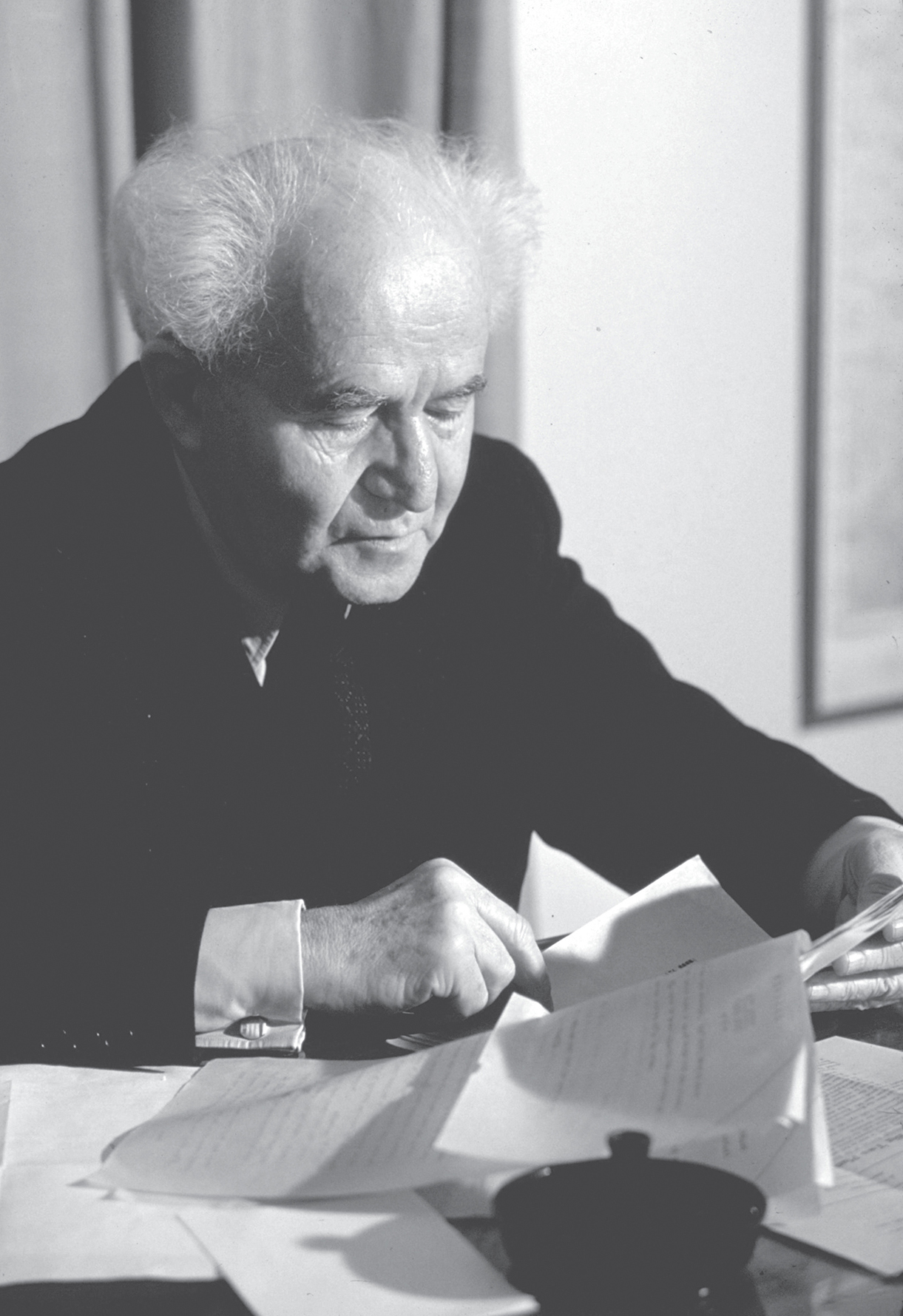
Prime Minister David Ben-Gurion looking through documents at his Tel Aviv office, 1959 (Fritz Cohen, public domain). 2019 National Photo Collection, Government Press Office, Israel.
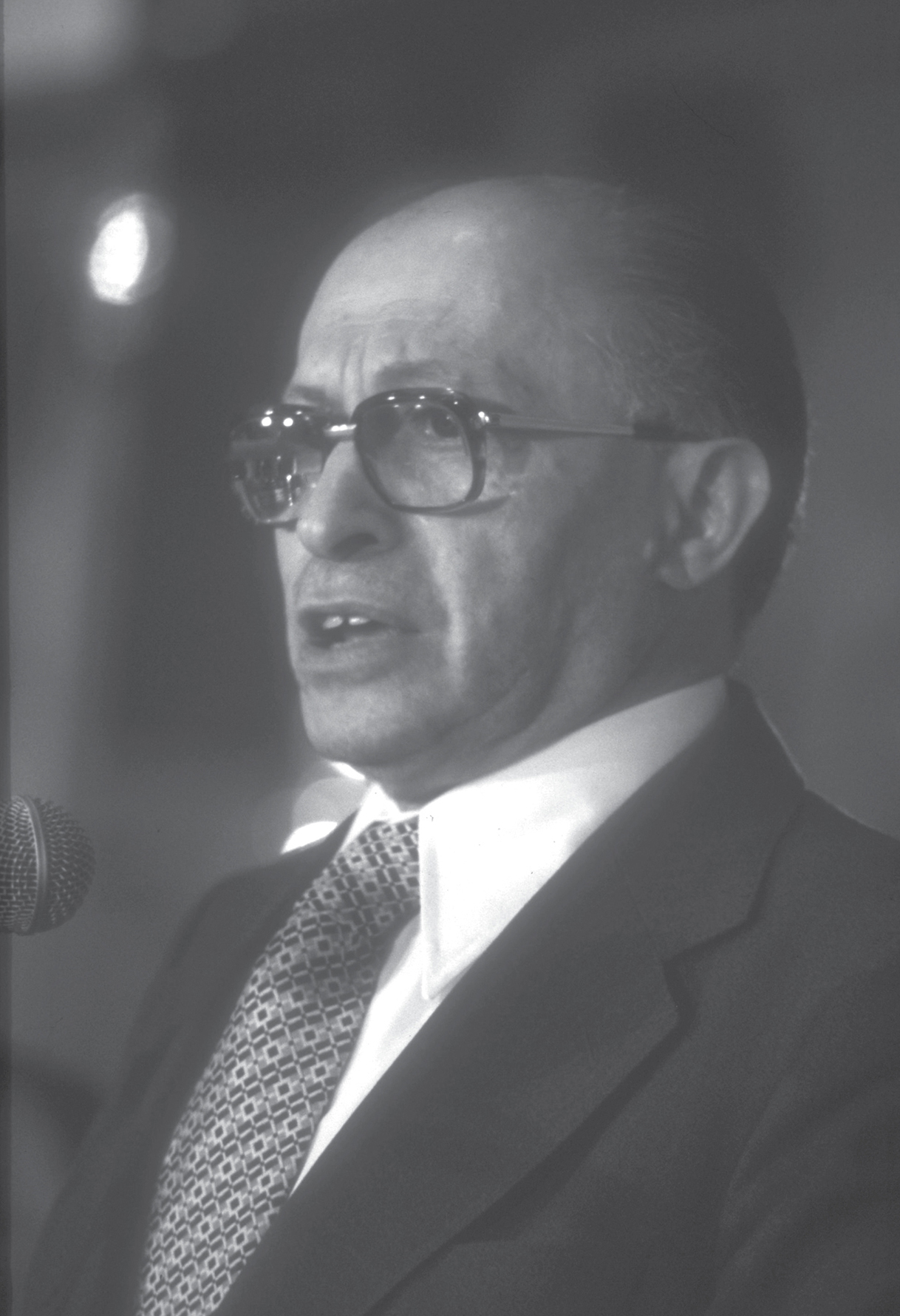
Prime Minister Menachem Begin speaking on Israel-Egypt peace agreement, The White House, Washington, DC, March 26, 1979 (Saar Yaacov). 2019 National Photo Collection, Government Press Office, Israel.
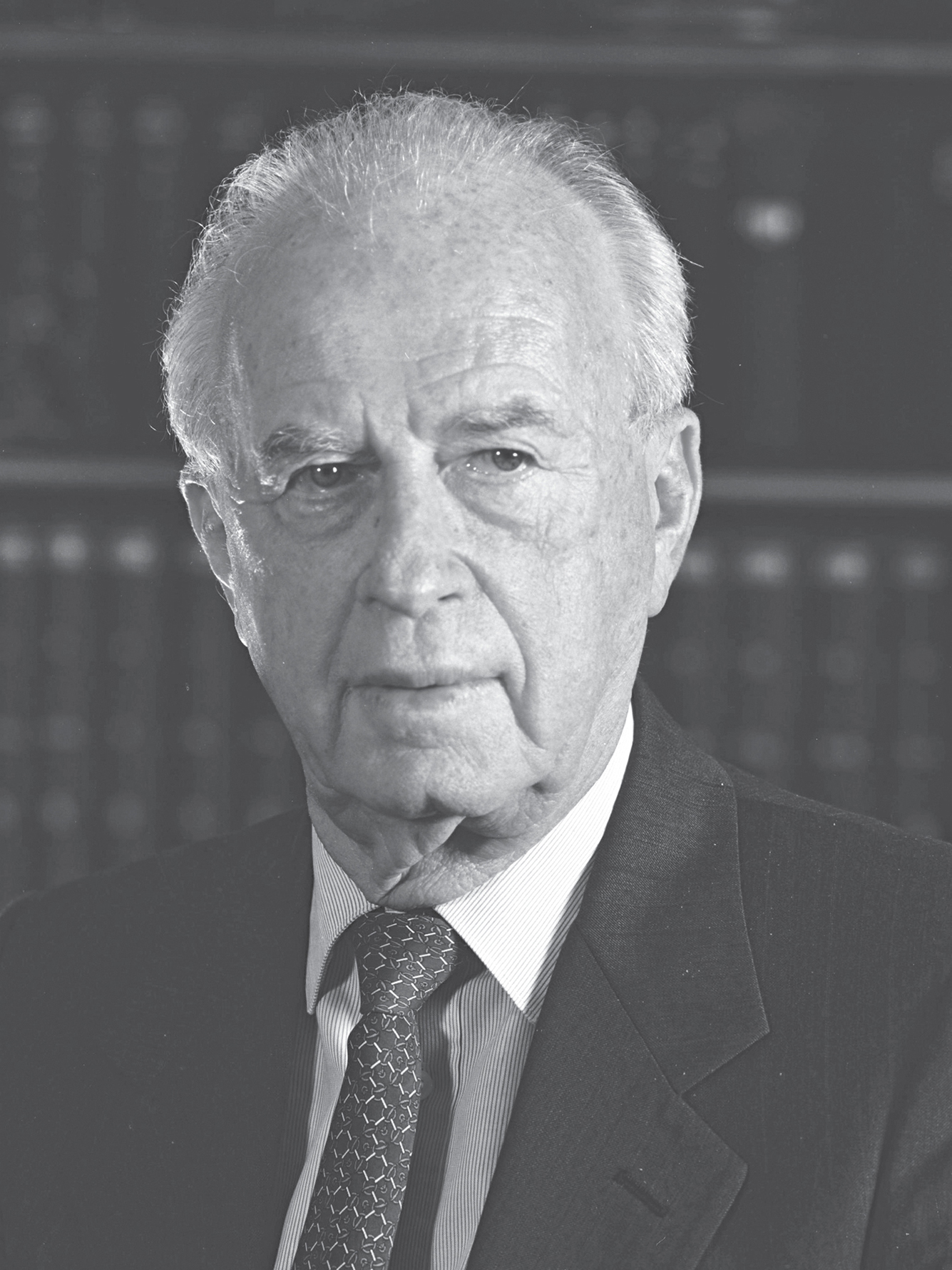
Portrait of Prime Minister and Defense Minister Yitzhak Rabin, 1994 (Saar Yaacov). 2019 National Photo Collection, Government Press Office, Israel.
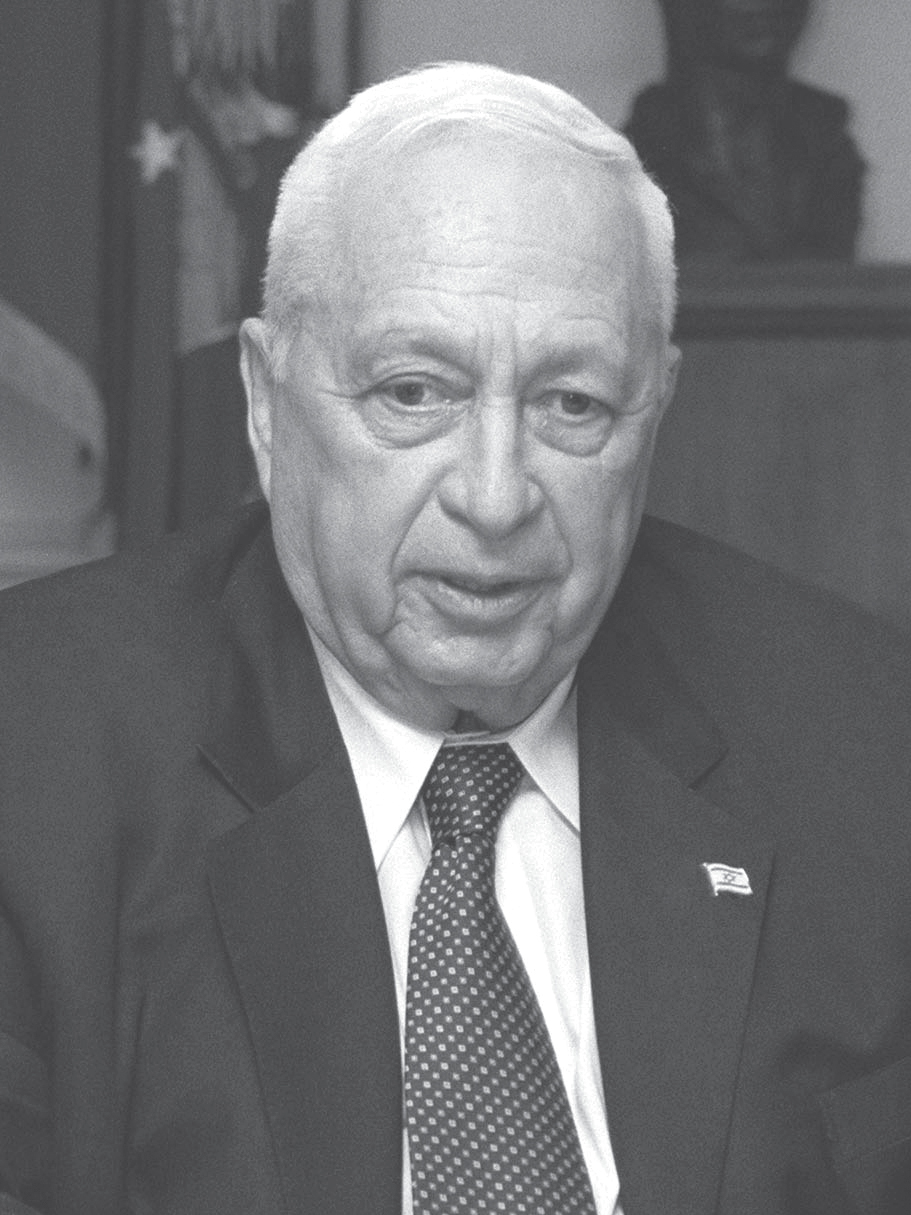
Israeli Prime Minister Ariel Sharon pictured during a defense meeting held at the Pentagon, Washington, DC, May 2002 (Helene C. Stikkel, DoD, public domain).
T HE TITLE OF this book, Be Strong and of Good Courage, is drawn from the Bible and the injunction that appears several times: chazak vematz. The Hebrew can be translated various ways: Be strong and of good courage or dont waver, maintain resolve, and go forward with success. This is the essence of what we think Israels leaders will need to show as they face the future, particularly if they are to preserve Israel as a Jewish and democratic state. It is not now a given. The best way to preserve Israels characterand avoid becoming an Arab and a Jewish stateis to reach a two-state outcome. And there is a compelling logic for it; there are two national movementsthe Jewish national movement (Zionism) and the Palestinian national movementcompeting for the same space. The only way to satisfy and fulfill these two national identities is to have two states for two peoples, with Israel being the state of the Jewish people and Palestine the state of the Palestinian people.
The two-state outcome would, of course, preserve the Jewish character of Israel by producing recognized borders within which the states population would remain roughly 80 percent Jewish. Unfortunately, there is little prospect of achieving a two-state outcome anytime soon. The domestic political realities among Israelis and Palestinians do not lend themselves to peacemaking, especially with weakness and division defining the Palestinians and a narrow-based, right-wing government having been responsible for decision-making in Israel. Moreover, leadership succession in the Palestinian Authority is looming, and a succession period is bound to be characterized by competition over who can be more demanding vis--vis the Israelis, not who can be more accommodating. For their part, few Israelis think this is the time to take risks, when the region is so unsettled, ISIS remains in the Sinai, and Iran and Shia militias are entrenching themselves in Syria and along the Jordanian border.



